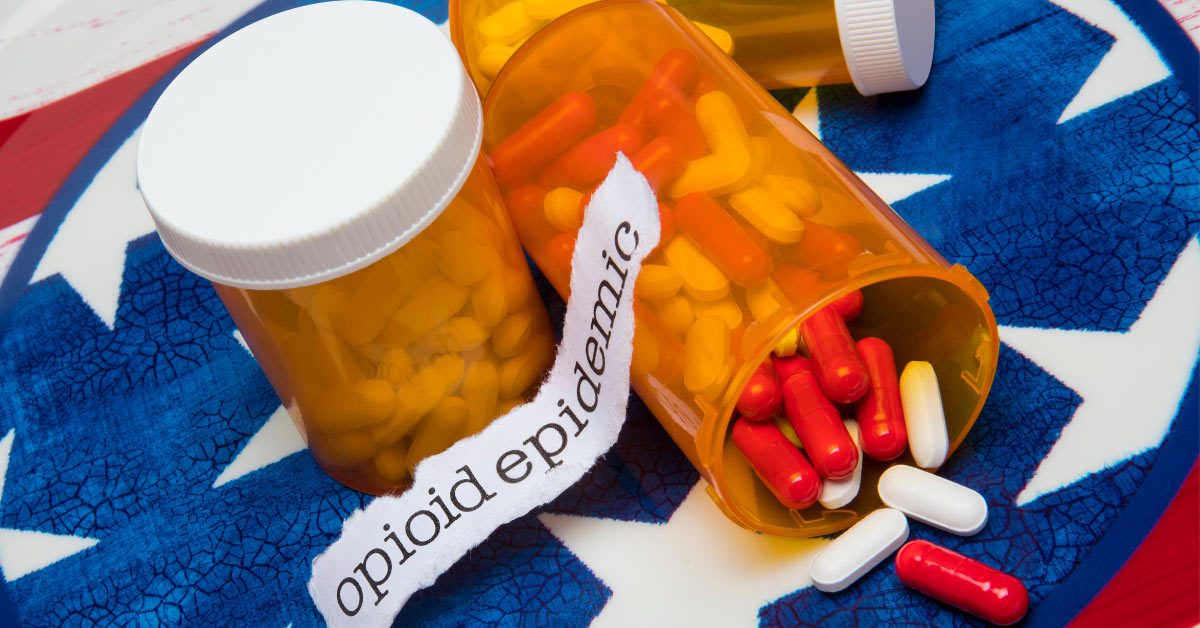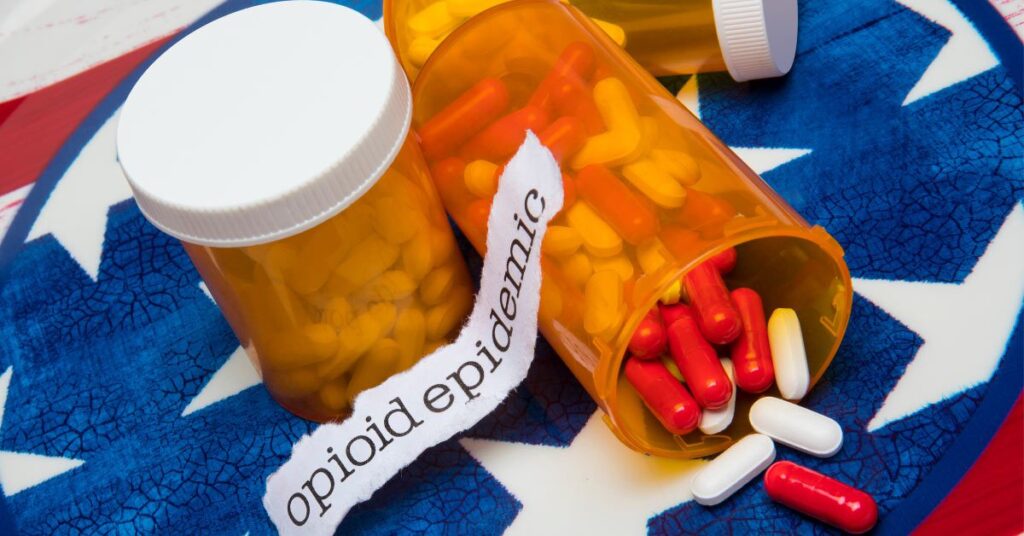Has the Opioid Epidemic Affected Doctors Prescribing Narcotics?
When someone is addicted to a drug as powerful as an opioid, they will get the drug no matter what, leading to the epidemic we are facing.
The nineteenth-century paved a growing problem with substances in the United States, including what has lead to the opioid epidemic. During this time, new substances were created, substances non-indigenous to Americans and created by science. The four new, most addictive drugs released in the 19th century were heroin, morphine, cocaine, and marijuana. 
Opioid Epidemic: When Did This Start?
The opioid epidemic has come in three distinct waves in the US, but it all started back in the late ’90s with prescription opioids, both natural and semi-synthetic. This particularly got bad when Oxycontin was first released. Doctors were being paid big money to prescribe this new painkiller to their patients without being told just how addicting it was. This created the big start of this epidemic. Once things started getting bad, the drug was reformulated, which did help things some. However, this led to heroin becoming more prevalent, so in 2010, the second wave of the opioid epidemic started. Then in 2013, the third wave began when fentanyl, a synthetic opioid, was introduced. Fentanyl began being illicitly made in clandestine laboratories and marketed on the streets.
Opioid Overdose Rates Are Climbing
Between 1999 and 2019, the United States has lost nearly 500,000 people due to prescription and illicit opioids, and the death toll continues to rise each year. The CDC (Centers For Disease Control and Prevention) “Opioids – Understanding the Epidemic” reports,
“The number of drug overdose deaths increased by nearly 5% from 2018 to 2019 and has quadrupled since 19991. Over 70% of the 70,630 deaths in 2019 involved an opioid. From 2018 to 2019, there were significant changes in opioid-involved death rates: Opioid-involved death rates increased by over 6%. Prescription opioid-involved death rates decreased by nearly 7%. Heroin-involved death rates decreased by over 6%. Synthetic opioid-involved death rates (excluding methadone) increased by over 15%.” (CDC)
The CDC monitors data and outbreaks in each state and is continuously working to combat this epidemic.
Has the Opioid Epidemic Affected Doctors Prescribing Narcotics?
The opioid epidemic has affected doctors prescribing narcotics. Most doctors aren’t comfortable prescribing anything addicting these days, and it’s not only that; laws have been put into place for prescribing narcotics. In 2013, the Obama administration provided guidelines urging physicians to prescribe fewer powerful painkillers. There were two key elements of the guidelines: doctors are advised to give their patients no more than a three-day supply of opioids to treat acute pain and to try other treatment options first before prescribing opioids for chronic pain. In addition, each state has its own separate prescribing laws now for opioids. In 2016, the CDC released their own set of guidelines suggesting that prescribers give patients the lowest effective dose possible and take measures to ensure patients aren’t misusing their medication, like drug tests and pill counts. Also, the American Medical Association (AMA) has put together two task forces to combat the nation’s drug overdose and epidemic rate. Physicians and other prescribing healthcare professionals have reduced the rate for prescribing opioids in every state for the past ten consecutive years. They have also increased the use of PDMPs (prescription drug monitoring programs) in every state for the last five years. As a result, there has been a 44.4% decrease in prescription opioids from 2011 to 2020. Opioid prescriptions have gone from 257.9 million down to 143.4 million, respectively. Unfortunately, despite all of the efforts that have been put into place, drug-related mortality continues to rise. When someone has become addicted to a drug as powerful as an opioid, they will get the drug no matter what. If they aren’t successful in getting a prescription from their doctor, most will go to the streets and turn to heroin.
Treatment for Opioid Addiction
Are you ready to speak to an addiction professional about treatment options? Evoke Waltham offers evidence-based treatment programs to cater to each patient’s individual needs. In addition, we offer a personalized treatment experience for each of our clients. Evoke Waltham provides comprehensive, integrated care for men, women, and families. Our solution-focused addiction treatment will lead you on the road to long-lasting recovery. Our team of compassionate and understanding addiction specialists at Evoke Waltham is available 24/7 to assist you with your treatment needs. Choose recovery over substance abuse. Call us today.


